Michael Dell talks up the power of human and AI collaboration – but not everyone’s singing the same tune
JPMorgan Chase head of technologies outlines plans for greater generative AI use at Dell Technologies World 2025


Sign up today and you will receive a free copy of our Future Focus 2025 report - the leading guidance on AI, cybersecurity and other IT challenges as per 700+ senior executives
You are now subscribed
Your newsletter sign-up was successful
Michael Dell, CEO and founder of Dell Technologies, has called on businesses to accelerate the power of human potential during his opening day keynote at Dell Technologies World 2025.
Taking to the stage of the Venetian Conference and Expo Center in Las Vegas, Dell repeated again and again the importance of human involvement in the “AI age”, while also talking up the importance of technology and data in enabling it.
The CEO claimed his company “[transforms data] into actions and insights that drive human partners, turbocharged by AI” and is “creating a future where intelligence amplifies human potential on a massive scale”.
He added that while AI “can distill years of experience into instant insights,” it’s “not here to replace humans”.
“AI is a collaborator that frees your teams to do what they do best; to innovate, to imagine, and to solve the world’s toughest problems,” he said, “and Dell is the infrastructure, the backbone enabling enterprises to think faster, to act smarter, and to dream bigger.”
One of Dell’s guests on stage, Seemantini Godbole, CTO of hardware store Lowe’s, also talked up the importance of AI enabling human workers, be they engineers who can use AI agents to carry out API calls, or those working on the shop floor.
It’s something that has become a familiar refrain from hardware companies, which are often exalting generative AI as an enabler of increased human productivity (although AI software manufacturers often have a different perspective).
Sign up today and you will receive a free copy of our Future Focus 2025 report - the leading guidance on AI, cybersecurity and other IT challenges as per 700+ senior executives
Larry Feinsmith, head of global tech strategy at JPMorgan Chase, perhaps exposed the reality of this for most IT leaders.
Joining Dell on stage, he explained the multiple ways in which the bank is already using AI and large language models, such as for cybersecurity and fraud detection.
He also outlined how it has introduced generative AI for QA summarization and content generation, as well as systems that allow customer-facing employees to “have information at the tip of their fingers, leveraging models rather than swivel chair, application type capability”.
Through generative AI, he said the company had seen up to 20% productivity increase among engineers using the technology to create code.
As Feinsmith pointed out, all of this is “human in the loop”, but that’s not where JPMorgan Chase’s plans for generative AI end.
“The next exciting horizon is going to be using agents and reasoning models and how you orchestrate all of these agents working together,” he said.
Feinsmith didn’t follow up on this train of thought, however, but instead said that this explosion in AI and AI agents in particular has a knock-on effect on hardware and energy demands.
While Feinsmith didn’t dig too deeply into this, he concluded by saying: “I'd like to quote our chairman and CEO, Jamie Dimon, who believes that this AI transformation – including Gen AI – is as transformational as any technological invention we've seen over the last couple of 100 years, printing press, steam engine, electricity, computing and the internet. The opportunity here is unbelievable.”

Jane McCallion is Managing Editor of ITPro and ChannelPro, specializing in data centers, enterprise IT infrastructure, and cybersecurity. Before becoming Managing Editor, she held the role of Deputy Editor and, prior to that, Features Editor, managing a pool of freelance and internal writers, while continuing to specialize in enterprise IT infrastructure, and business strategy.
Prior to joining ITPro, Jane was a freelance business journalist writing as both Jane McCallion and Jane Bordenave for titles such as European CEO, World Finance, and Business Excellence Magazine.
-
 Microsoft Copilot bug saw AI snoop on confidential emails — after it was told not to
Microsoft Copilot bug saw AI snoop on confidential emails — after it was told not toNews The Copilot bug meant an AI summarizing tool accessed messages in the Sent and Draft folders, dodging policy rules
-
 Cyber experts issue warning over new phishing kit that proxies real login pages
Cyber experts issue warning over new phishing kit that proxies real login pagesNews The Starkiller package offers monthly framework updates and documentation, meaning no technical ability is needed
-
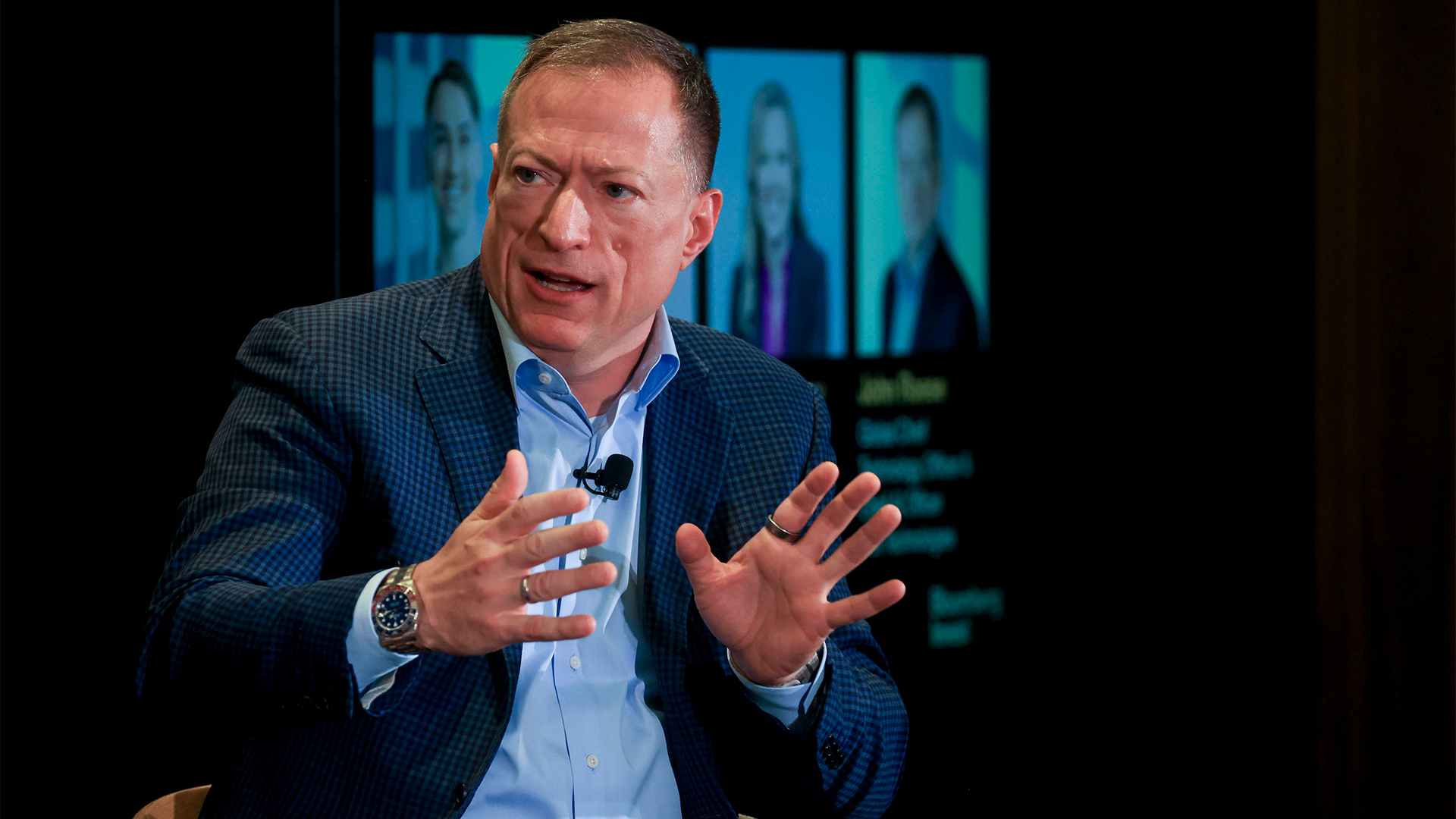 ‘There’s been tremendous agent washing’: Dell Technologies CTO John Roese says the real potential of AI agents is just being realized – and they could end up managing humans
‘There’s been tremendous agent washing’: Dell Technologies CTO John Roese says the real potential of AI agents is just being realized – and they could end up managing humansNews As businesses look for return on investment with AI, Dell Technologies believes agents will begin showing true value at mid-tier tasks and in managerial roles.
-
 Dell Technologies doubles down on AI with SC25 announcements
Dell Technologies doubles down on AI with SC25 announcementsAI Factories, networking, storage and more get an update, while the company deepens its relationship with Nvidia
-
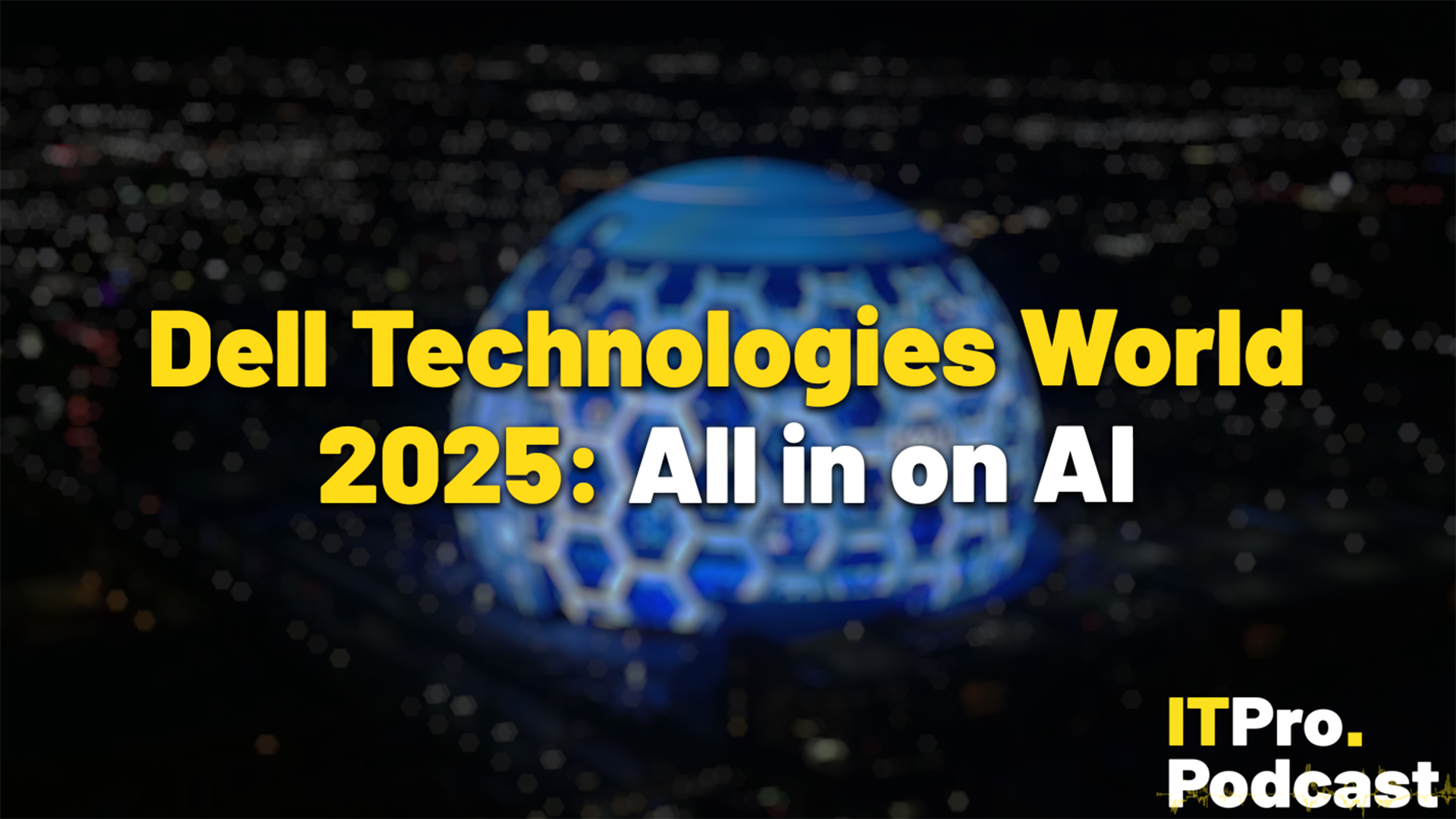 Dell Technologies World 2025: All in on AI
Dell Technologies World 2025: All in on AIITPro Podcast From the cloud to the edge, enterprise architecture for AI must be carefully considered
-
 New Dell AI Factory partners debuted at Dell Technologies World 2025
New Dell AI Factory partners debuted at Dell Technologies World 2025News Dell Technologies expands its ecosystem with Mistral, Intel and Red Hat, and reveals AMD updates
-
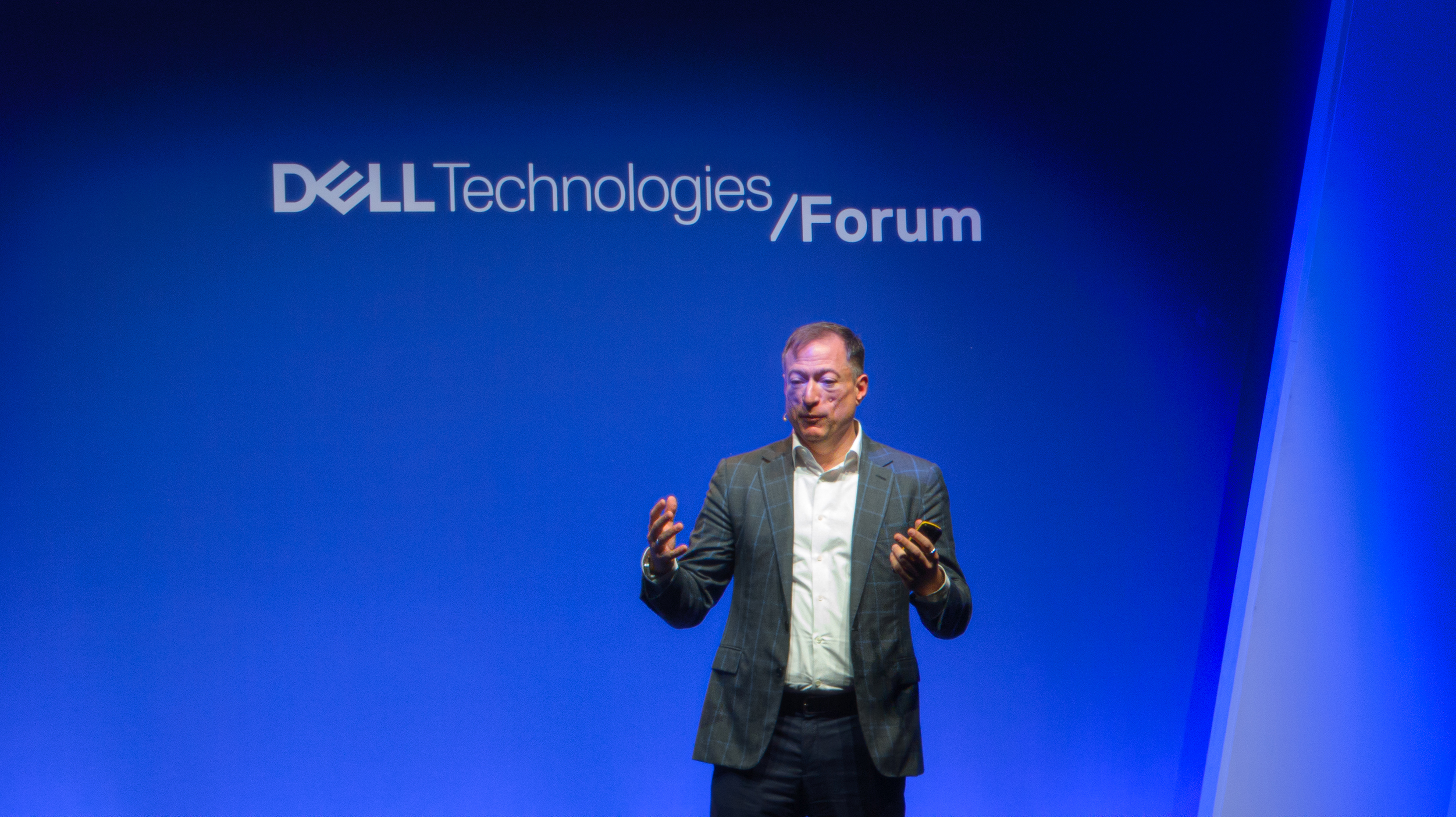 Dell Technologies CTO: ROI on AI should be the number one focus for execs
Dell Technologies CTO: ROI on AI should be the number one focus for execsChasing workforce consensus or playing it safe may cost firms far more in the long run than making decisive moves on AI now and learning from their results
-
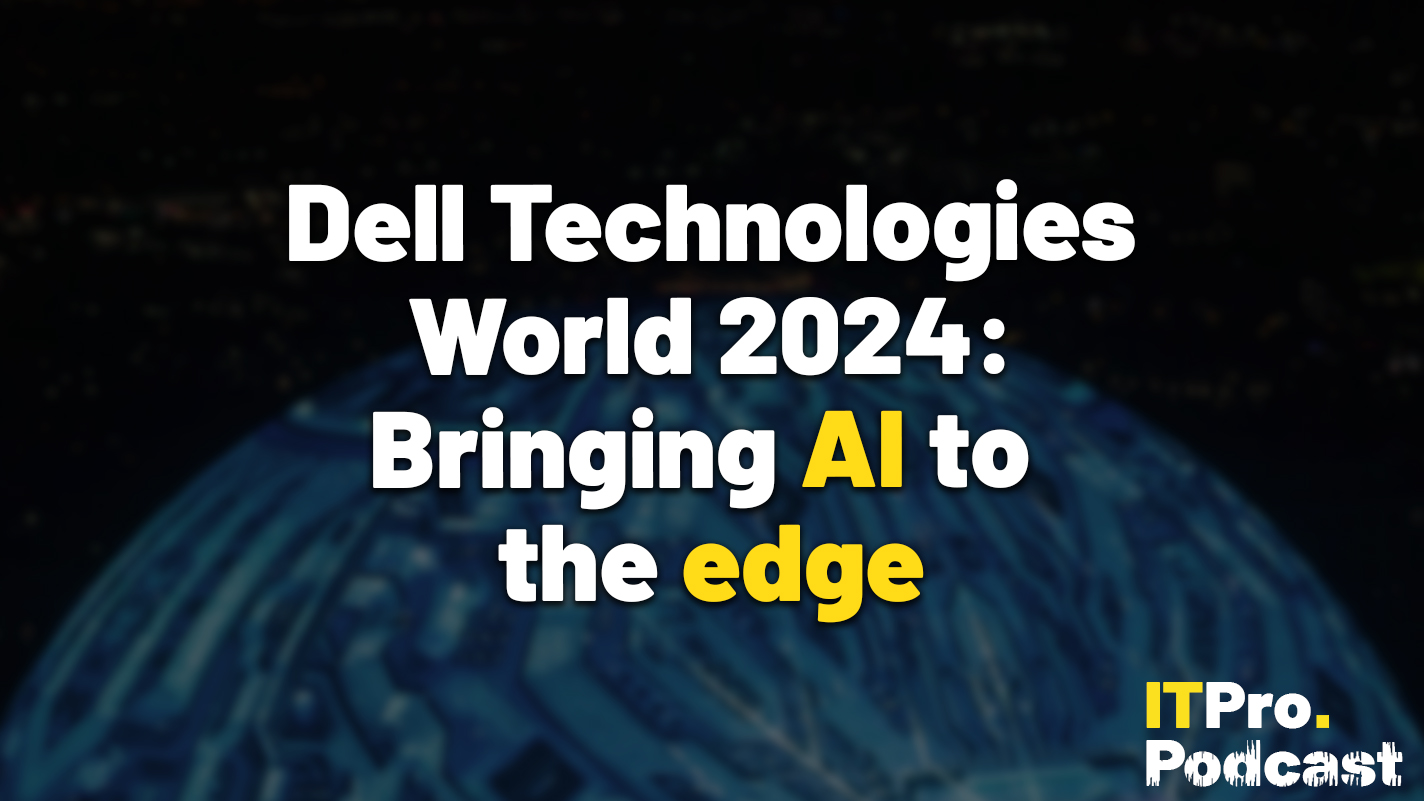 Dell Technologies World 2024: Bringing AI to the edge
Dell Technologies World 2024: Bringing AI to the edgeITPro Podcast Leaders could benefit from bringing AI to where data is created – but will need a strong strategy for how to do this and a firm use case in mind
-
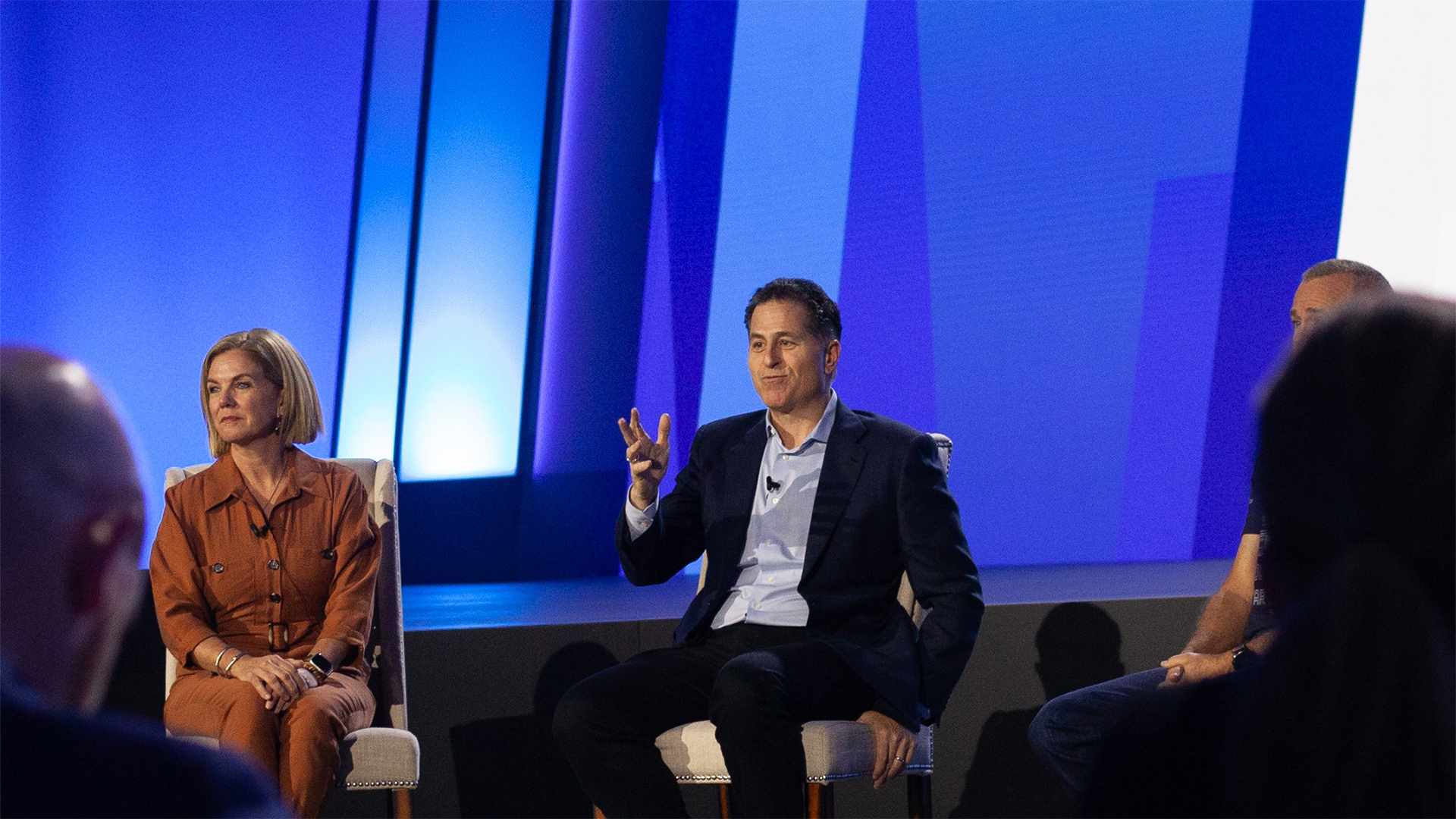 Dell Technologies doesn’t know where AI is headed – but it might be the honesty its partners need
Dell Technologies doesn’t know where AI is headed – but it might be the honesty its partners needAnalysis Backed by a strong infrastructure and services portfolio, Dell Technologies aims to enable enterprise AI advancements as fast as they're discovered
-
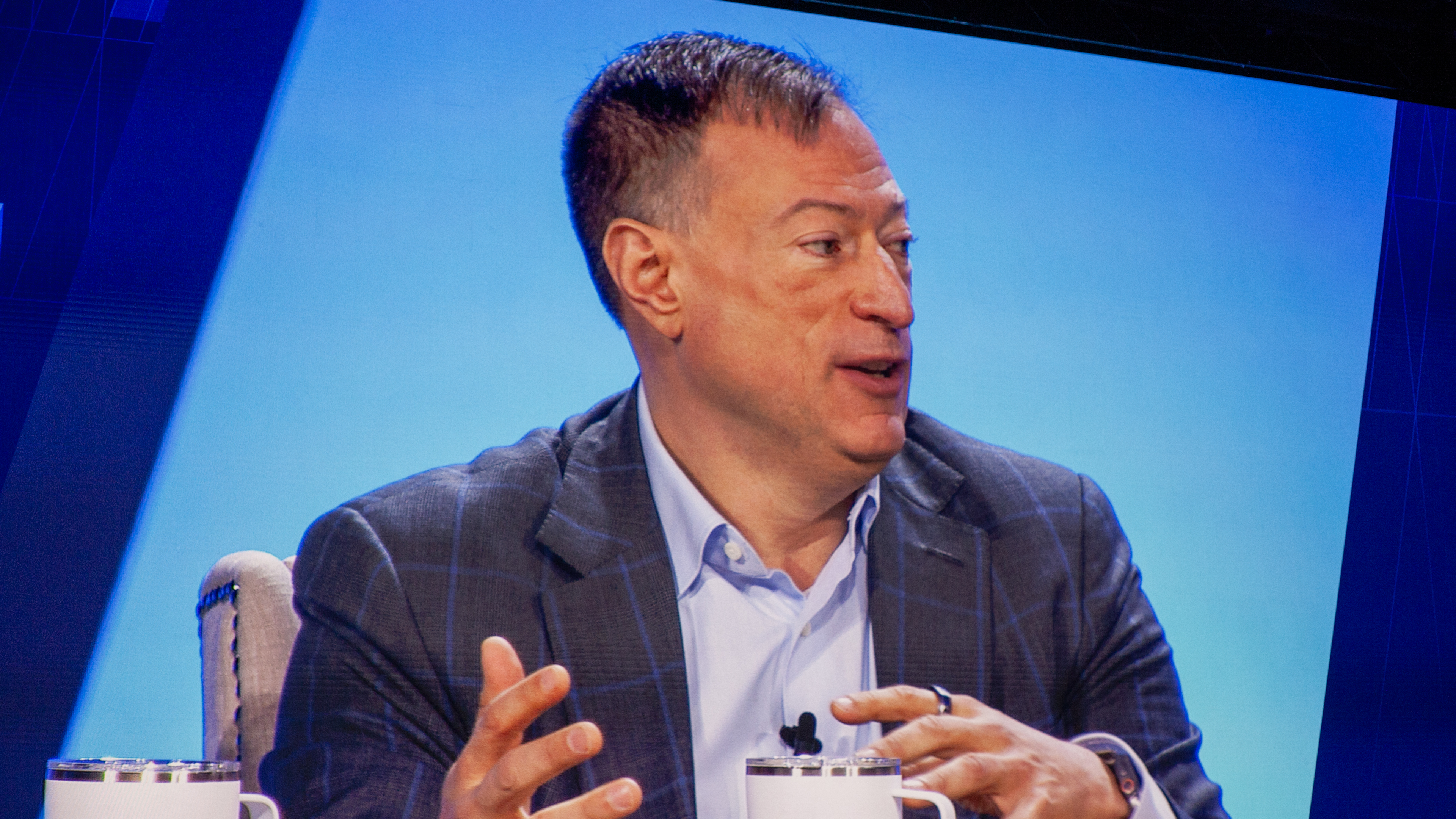 "The big obstacle isn't anything technical": Dell CTO John Roese on why companies are failing on AI adoption
"The big obstacle isn't anything technical": Dell CTO John Roese on why companies are failing on AI adoptionInterview With a proper strategy and clean data, Dell CTO John Roese believes firms can circumvent issues such as hallucinations and unlock clear AI benefits